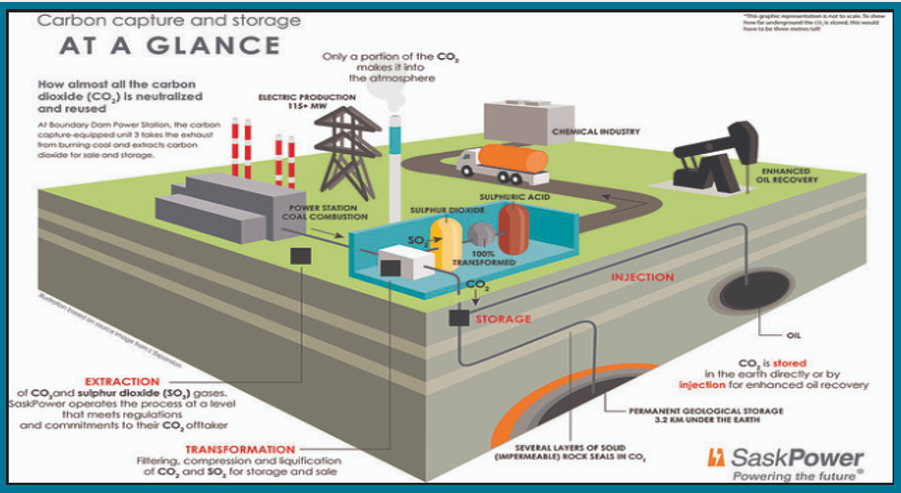The Dutch government has committed €639 million ($726 million) to the Aramis carbon capture and storage (CCS) project, the Netherlands’ largest initiative of its kind. This move follows the partial withdrawal of Shell and TotalEnergies from funding the project’s pipeline infrastructure. Despite their exit from pipeline investments, both companies will continue to participate in developing storage facilities and providing CCS services.
Aramis aims to capture and store up to 22 million tonnes of CO₂ annually by 2030, utilizing depleted gas fields beneath the North Sea. The project is a collaboration between state-owned energy firm Energie Beheer Nederland (EBN), Dutch gas grid operator Gasunie, Shell, and TotalEnergies. The Dutch government’s investment mitigates risks for the remaining stakeholders and ensures the project’s progression.
The final investment decision is anticipated in 2026, with operations slated to commence by 2030. This timeline aligns with the Netherlands’ goal of reducing CO₂ emissions by 55% below 1990 levels by the end of the decade. As of the previous year, emissions were 37% lower than in 1990, though climate advisers have indicated that current policies may be insufficient to meet the 2030 target.
In addition to the Aramis investment, the Dutch government has announced an €8 billion subsidy package for sustainable energy projects and new incentives for electric vehicles. Industrial sectors will also receive compensation to offset high energy prices.
The Aramis project is a critical component of the Netherlands’ strategy to decarbonize hard-to-abate industries such as steel, chemicals, and cement. By providing a scalable and open-access CO₂ transport infrastructure, Aramis supports the transition to a low-carbon economy.
For more information on the Aramis project, visit the official website: Aramis CCS.
Carbon Capture and Storage Process at a Glance Picture on Flickr by SaskPower
